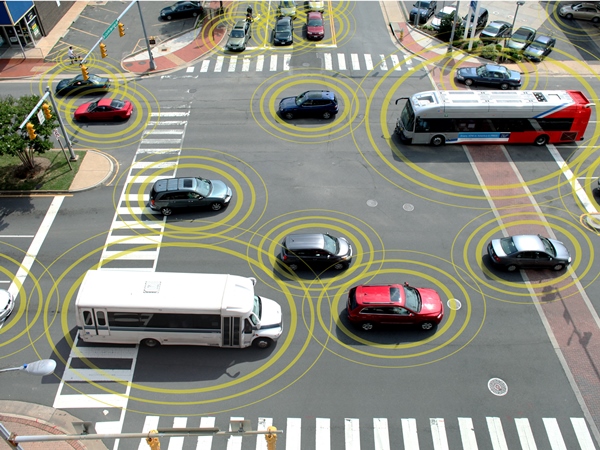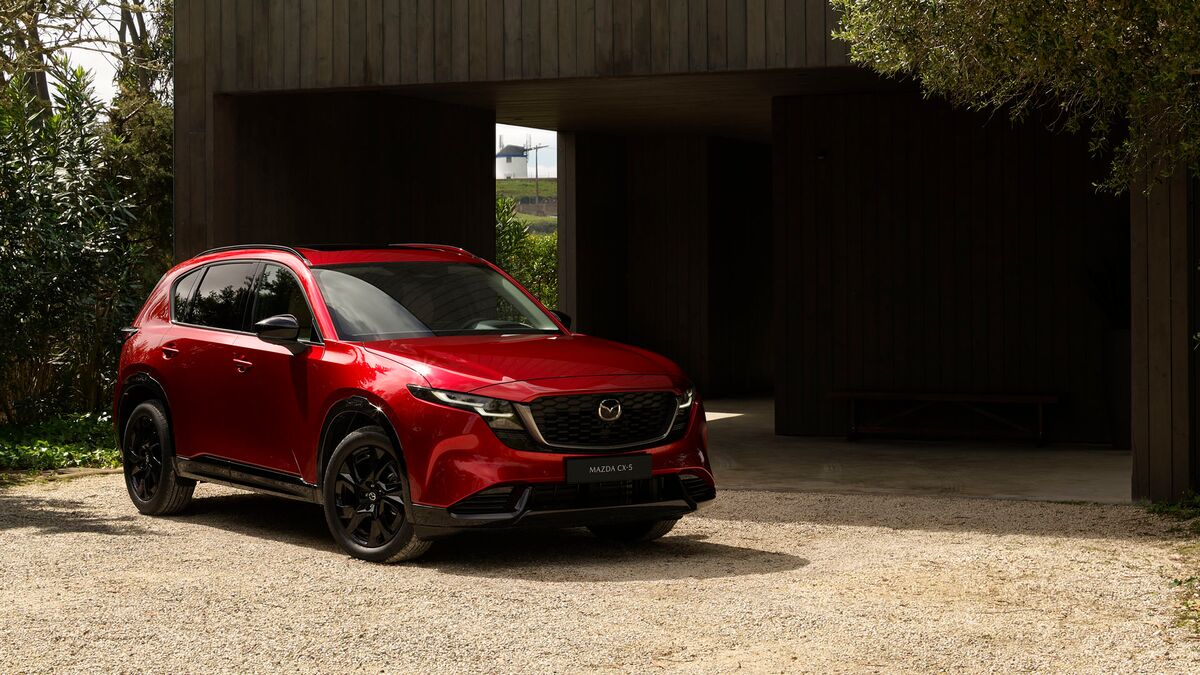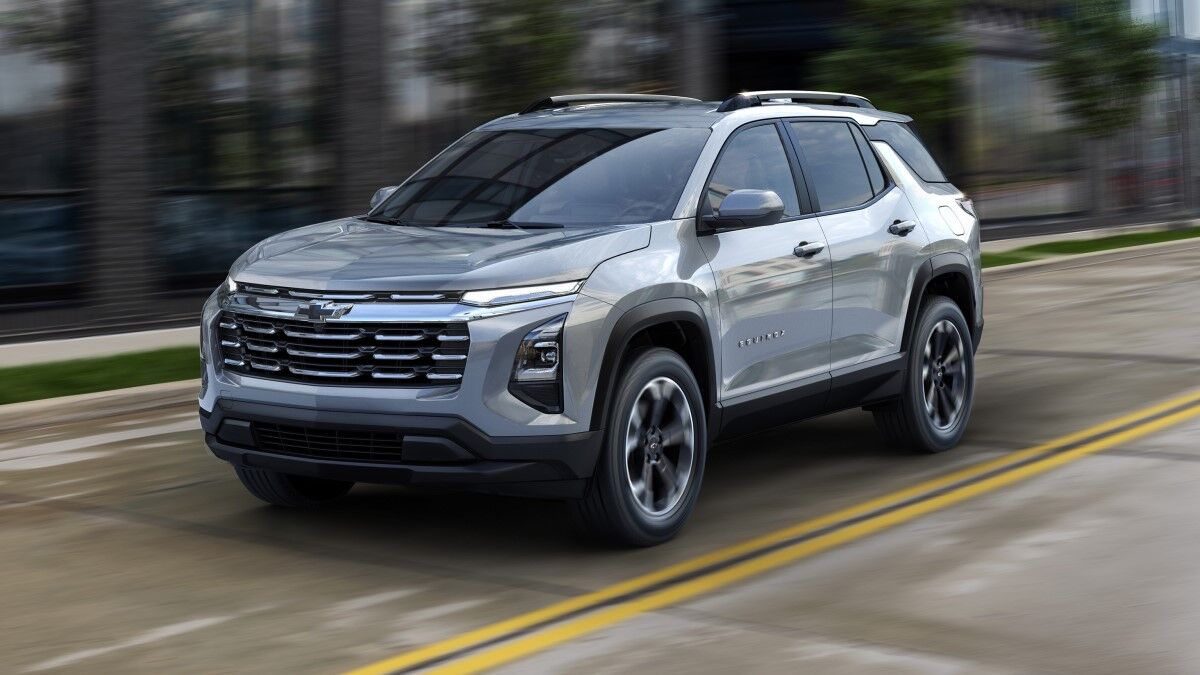
A study by Cox Automotive (parent of Kelley Blue Book) reveals that the more people know about self-driving cars, the more doubts they have about a fully autonomous future. However, the study does show a willingness to embrace aspects of the technology if it makes them better drivers or increases safety. As a result, the 2018 Cox Automotive Evolution of Mobility Study concludes that building confidence in the safety is as important as building the technology.
Awareness of self-driving technology has dramatically risen and there is tremendous interest in autonomous features in cars. At the same time, 84 percent of the respondents said they still want to have the option to drive themselves, even if their vehicle is equipped for full autonomous operation. Only 16 percent feel comfortable letting the car drive them without their ability to take control, while 68 percent said they would feel uncomfortable riding in a computer-controlled vehicle. About 39 percent said they would feel uncomfortable riding in a car driven by a stranger.
Perceived as less safe than two years ago
Several high-profile accidents involving self-driving vehicles seem to have had an impact on the public’s perception of the technology. The number of survey participants who believe the roads will be safer if all vehicles were fully autonomous has decline 18 points in just two years. Attitudes have shifted significantly with nearly half (49-percent) saying they would never buy a Level 5 vehicle, which is up from 30 percent in 2016.
Also, consumer preference in vehicles equipped with autonomous technology has shifted from more highly automated Level 4 systems to more human-controlled Level 2 systems, many of which are currently in the market. The Society of Automotive Engineers ranks autonomy on a 0-5 scale, 0 being fully human controlled to 5, where is no human intervention whatsoever. Previously, Level 4 was viewed as a sweet spot by offering full autonomous capability without taking away the option of driver control. Still, consumers want and are expecting semi-autonomous features including collision warning and avoidance systems as must have features. A total of 54 percent say that semi-autonomous features make people better drivers.
Also: Autonomous Cars and the Technology Leading the Way
“There is a major opportunity, and a real need, for automakers and mobility providers to help educate consumers and further guide autonomous vehicles, in their development,” said Joe George, Cox Automobile Mobility Solutions Group president. “Autonomous safety feature adoption will be critical in creating future autonomous technology advocates.”







